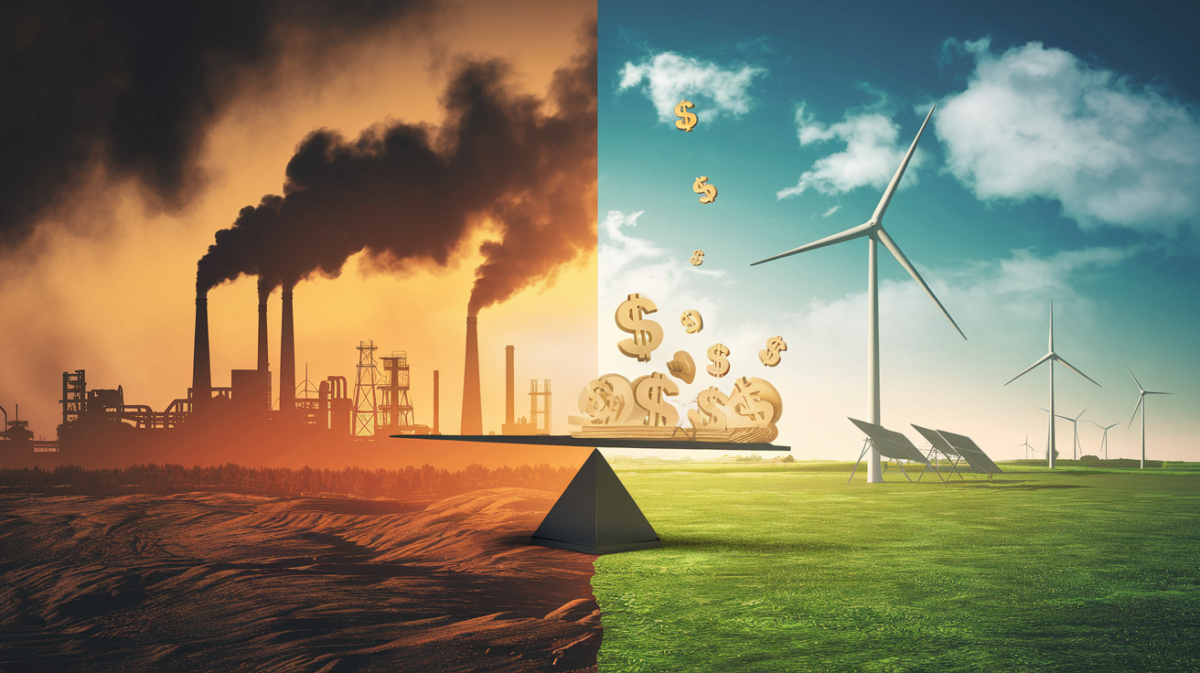President Donald Trump’s recently enacted “One Big Beautiful Bill” (OBBB) has dramatically altered the U.S. energy landscape, with far-reaching implications for consumers, industries, and the environment. The legislation, which prioritizes fossil fuel development while rolling back renewable energy incentives, is expected to drive up power prices and slow the transition to cleaner energy sources.
Key Changes in the OBBB Energy Policy
The OBBB introduces sweeping reforms to U.S. energy policy, including:
- Phasing Out Renewable Tax Credits: The bill eliminates critical incentives for wind and solar projects, requiring them to begin construction by December 31, 2025, and be operational by 2027 to qualify for any remaining benefits.
- Boosting Fossil Fuels: The legislation provides new incentives for oil, gas, and coal production, including expanded drilling on public lands and waters.
- Stricter Enforcement: An executive order issued in July 2025 directs the Treasury Department to rigorously enforce the termination of renewable tax credits, further squeezing the clean energy sector.
Impact on Renewable Energy
The rollback of renewable energy incentives is projected to have severe consequences:
- Reduced Capacity: Analysts estimate a potential loss of 70 gigawatts in new wind and solar capacity by 2030.
- Higher Household Costs: Energy bills could rise by an average of $165 per year due to reduced competition from renewables.
- Climate Goals at Risk: Emissions reductions may drop from a targeted 40% to just 3%, undermining U.S. climate commitments.
Fossil Fuel Expansion and Economic Effects
While the OBBB benefits traditional energy sectors, it comes with trade-offs:
| Policy Change | Projected Impact |
|---|---|
| Increased Oil and Gas Drilling | Higher fossil fuel production but elevated environmental risks. |
| Coal Mining Incentives | Short-term job gains in coal regions but long-term market challenges. |
| Electricity Price Hikes | Residential and industrial energy bills could rise by 10-18% by 2035. |
Broader Economic and Job Implications
The shift away from renewables could have ripple effects across the economy:
- Job Losses: The clean energy sector may shed up to 760,000 jobs by 2030.
- GDP Decline: Some models predict a $980 billion loss in GDP over the next decade.
- Global Competitiveness: The U.S. risks falling behind in the global clean energy race, particularly to China.
Mixed Reactions from Stakeholders
The OBBB has sparked polarized responses:
- Clean Energy Advocates: Criticize the bill for undermining progress toward sustainability.
- Fossil Fuel Industry: Celebrates the legislation as a boon for traditional energy sectors.
Conclusion
Trump’s OBBB represents a seismic shift in U.S. energy policy, favoring fossil fuels over renewables. While it may bolster short-term energy production, the long-term costs—higher bills, job losses, and environmental setbacks—could outweigh the benefits. As the policy unfolds, its full impact on consumers, industries, and the planet will become clearer.







